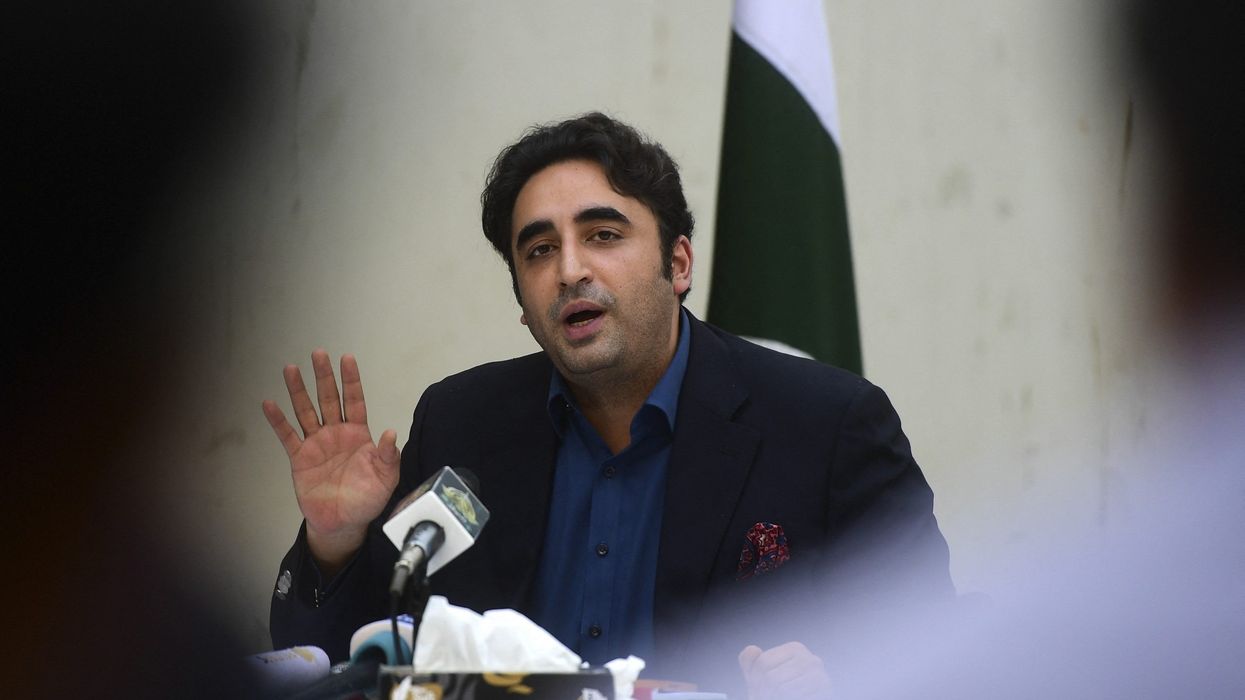During a press conference on Friday (10), Pakistan's Foreign Minister, Bilawal Bhutto Zardari, acknowledged the difficulty of getting the Kashmir issue to the forefront of the United Nations' agenda, calling it an "uphill task."
Zardari also stumbled when referring to India, initially describing it as "our friend" before correcting himself to "neighbouring" country. He made these comments in response to a question that drew comparisons between the situation in Palestine and Kashmir.
Pakistan raises the issue of Jammu and Kashmir at every UN forum and platform, regardless of the topic at hand. However, it fails to gain traction or support for its agenda from the wider UN membership, which views Kashmir as a bilateral matter between India and Pakistan.
“And whenever the issue of Kashmir is brought up, our friends within, with.. our friend… our.. our… neighbouring countries, strongly object, vociferously object and they perpetuate a post-fact narrative where they try to claim that this is not a dispute for the United Nations, that this is not a disputed territory recognised for the international community,” Zardari said.
Tensions between India and Pakistan increased following the revocation of Article 370, which granted special status to Jammu and Kashmir, on August 5, 2019.
India has maintained that the revocation was an internal matter and has advised Pakistan to stop anti-India propaganda and accept this reality. India has also expressed a desire for normal and peaceful relations with Pakistan, free from terror and hostility.
Zardari stated that despite facing difficulties in conveying the truth, Pakistan persists in its efforts to bring attention to the issues of Palestine and Kashmir. He emphasised that he makes an effort to mention the plight of both peoples at every opportunity, whether it be in the UN Security Council or other events.
“I think your parallel is very justified. There are many similarities between the plight of the people of Kashmir and the plight of the people of Palestine. I think it's fair to say that both issues remain unaddressed by the United Nations and we'd like to see an extra focus not only on Palestine but also on Kashmir,” he added.
(With inputs from PTI)




